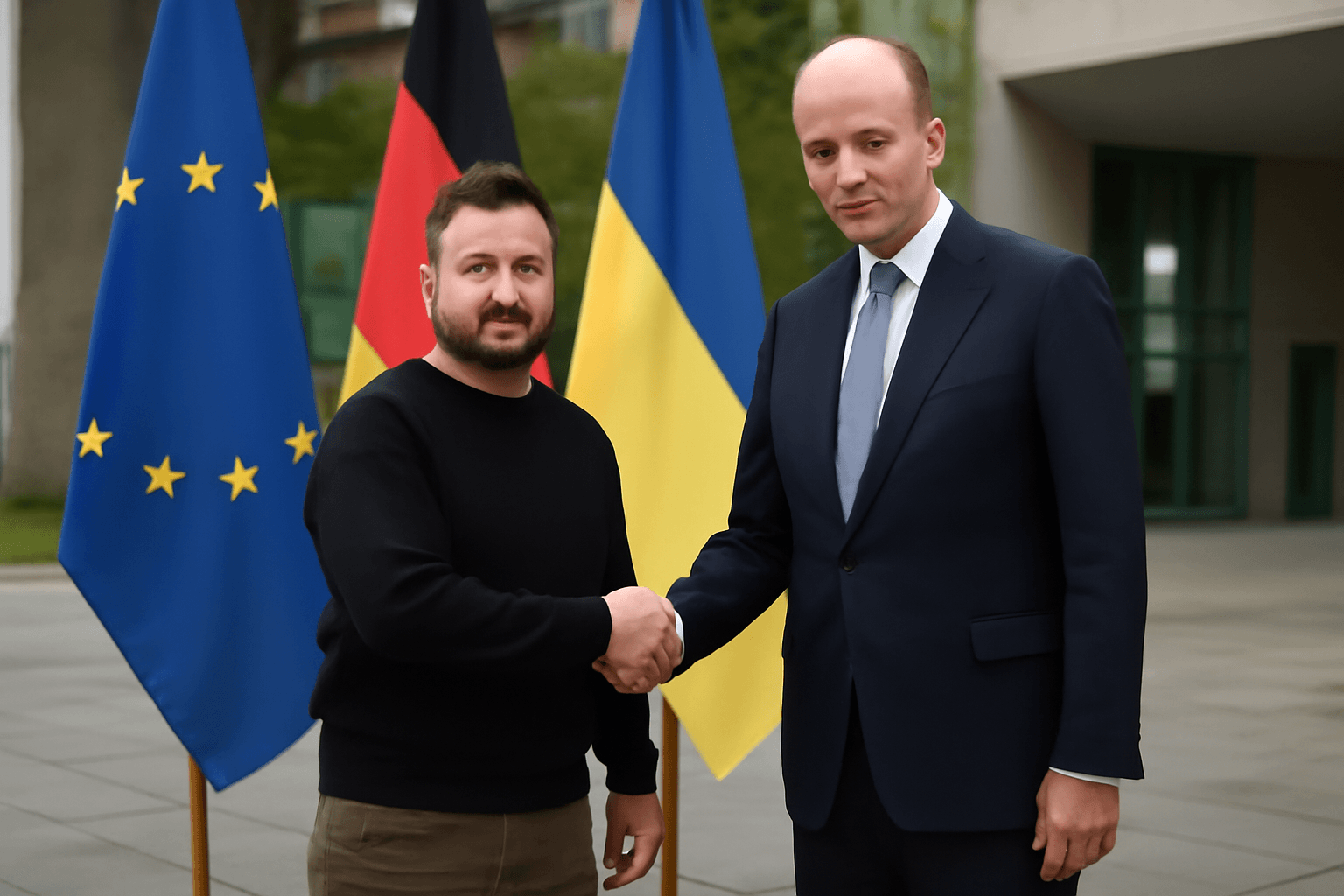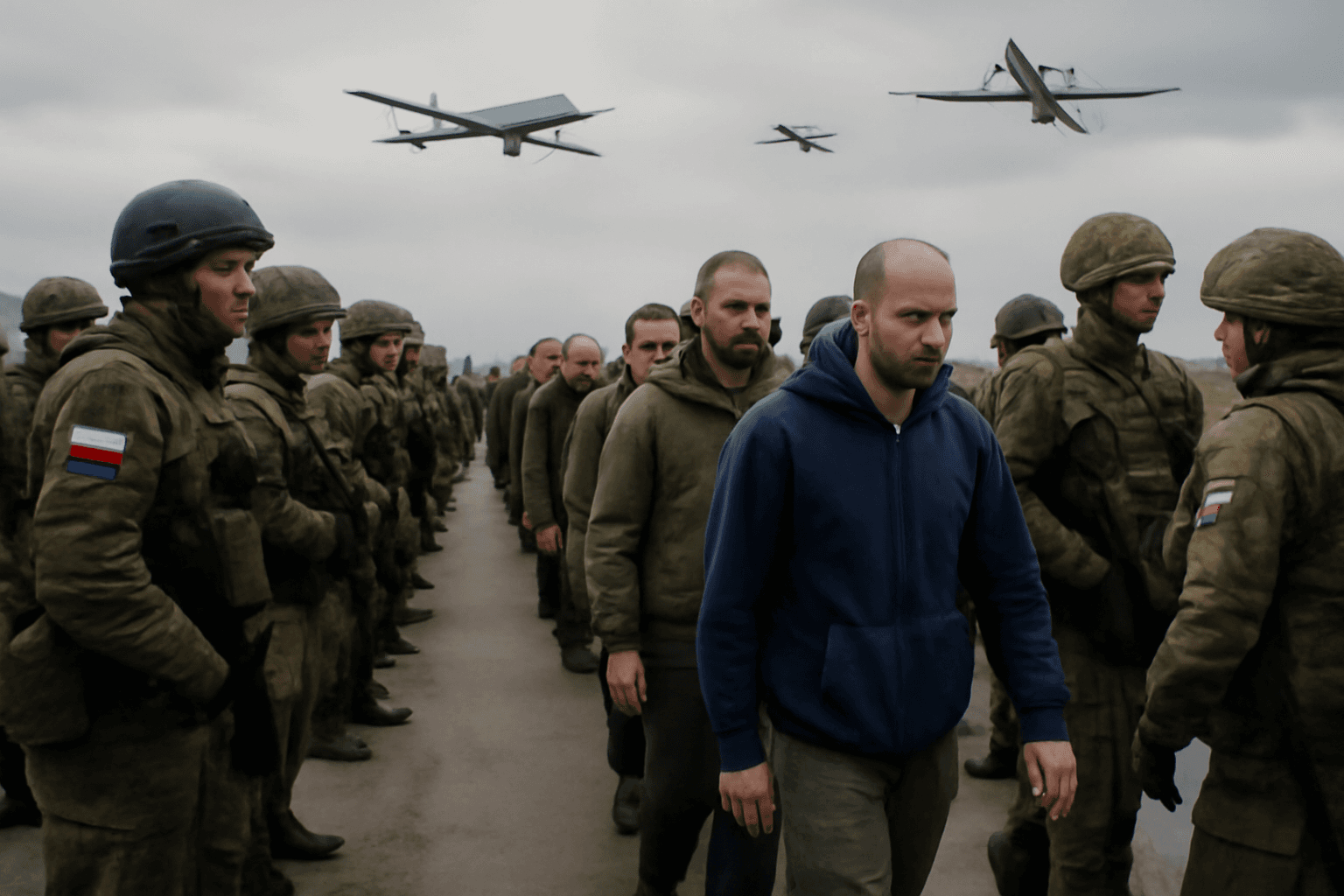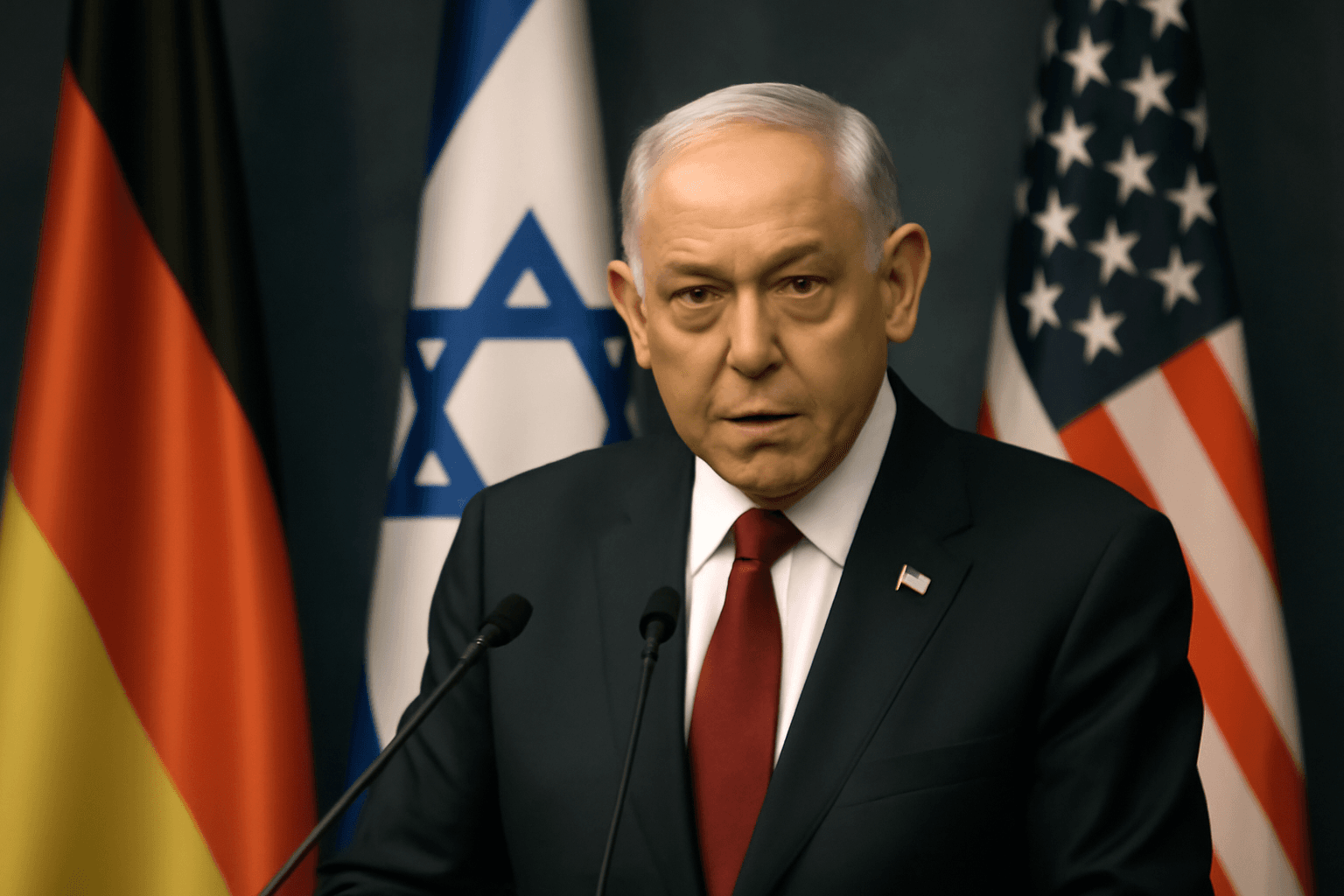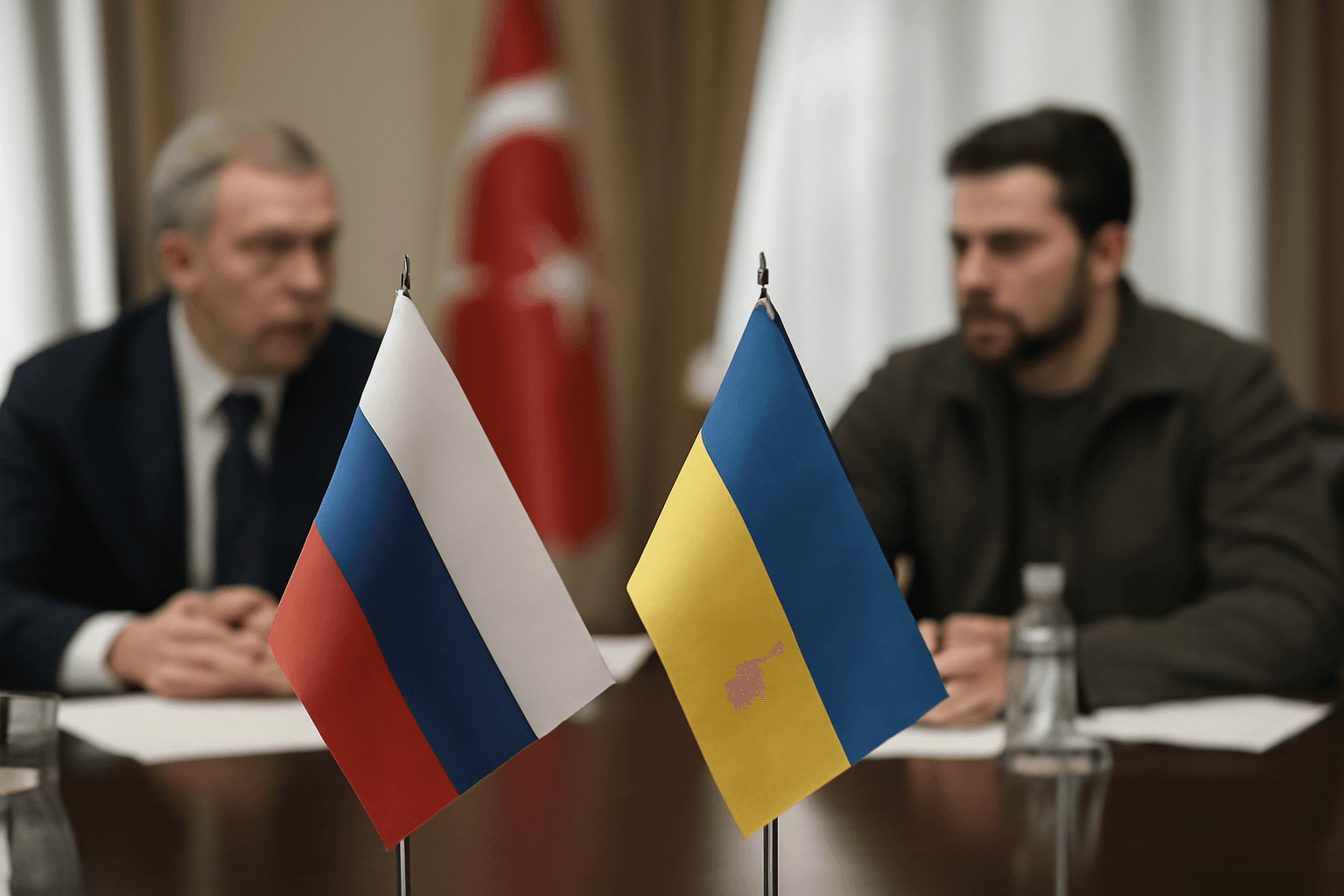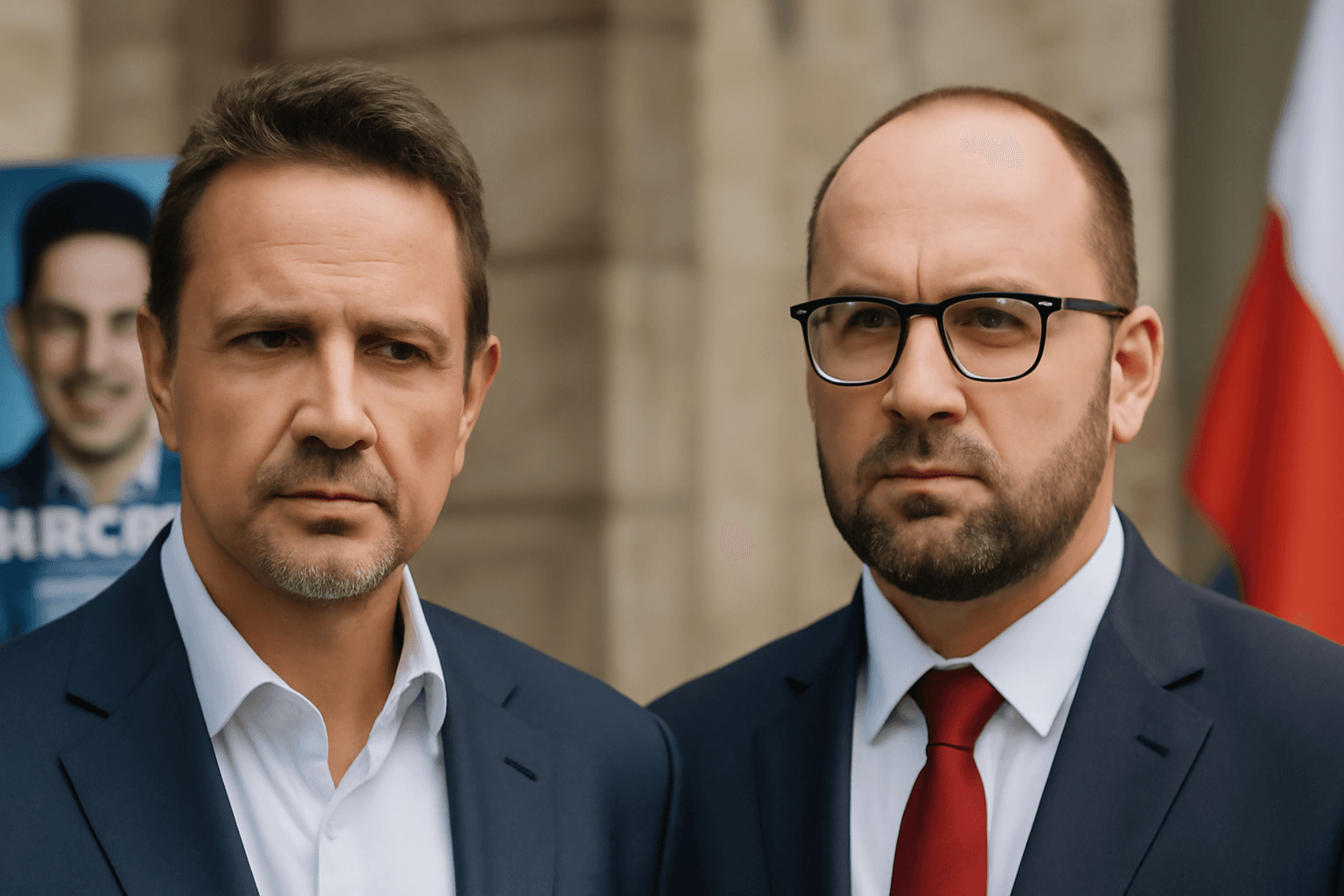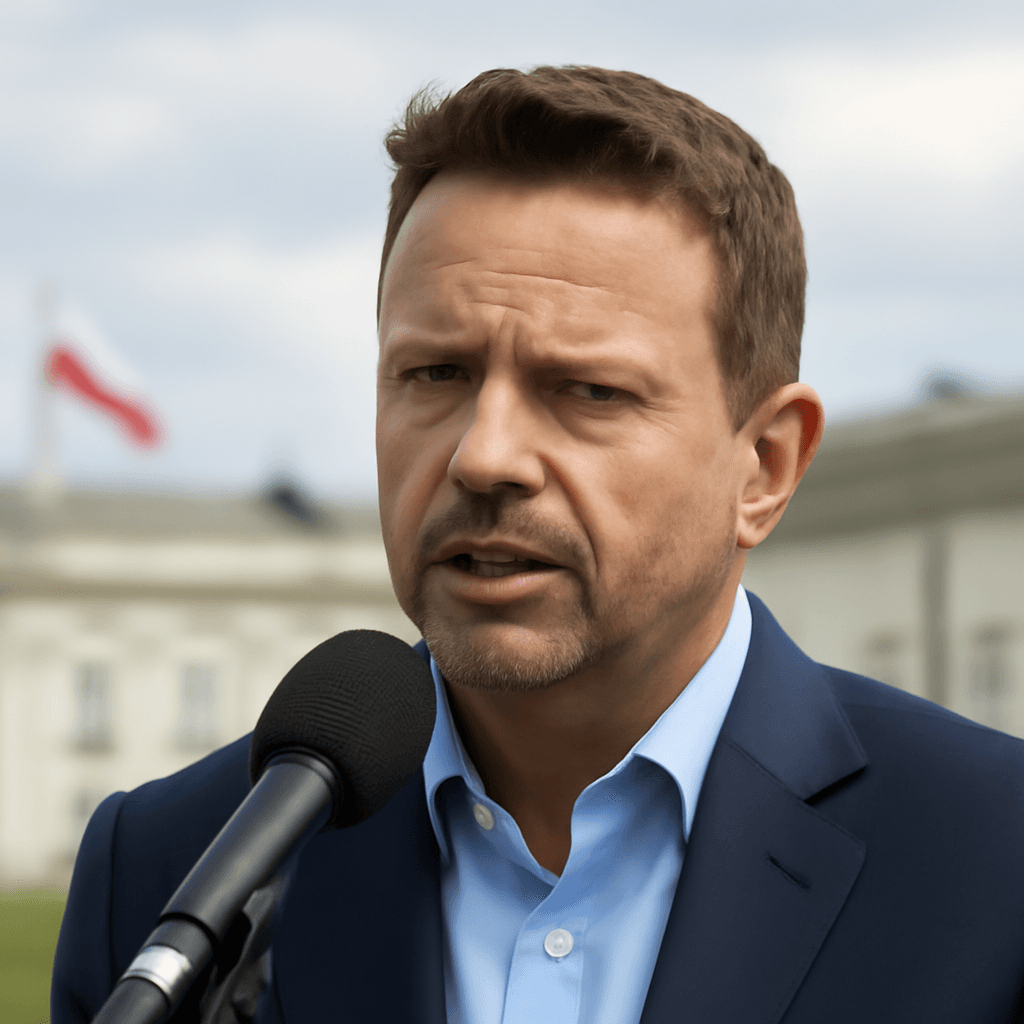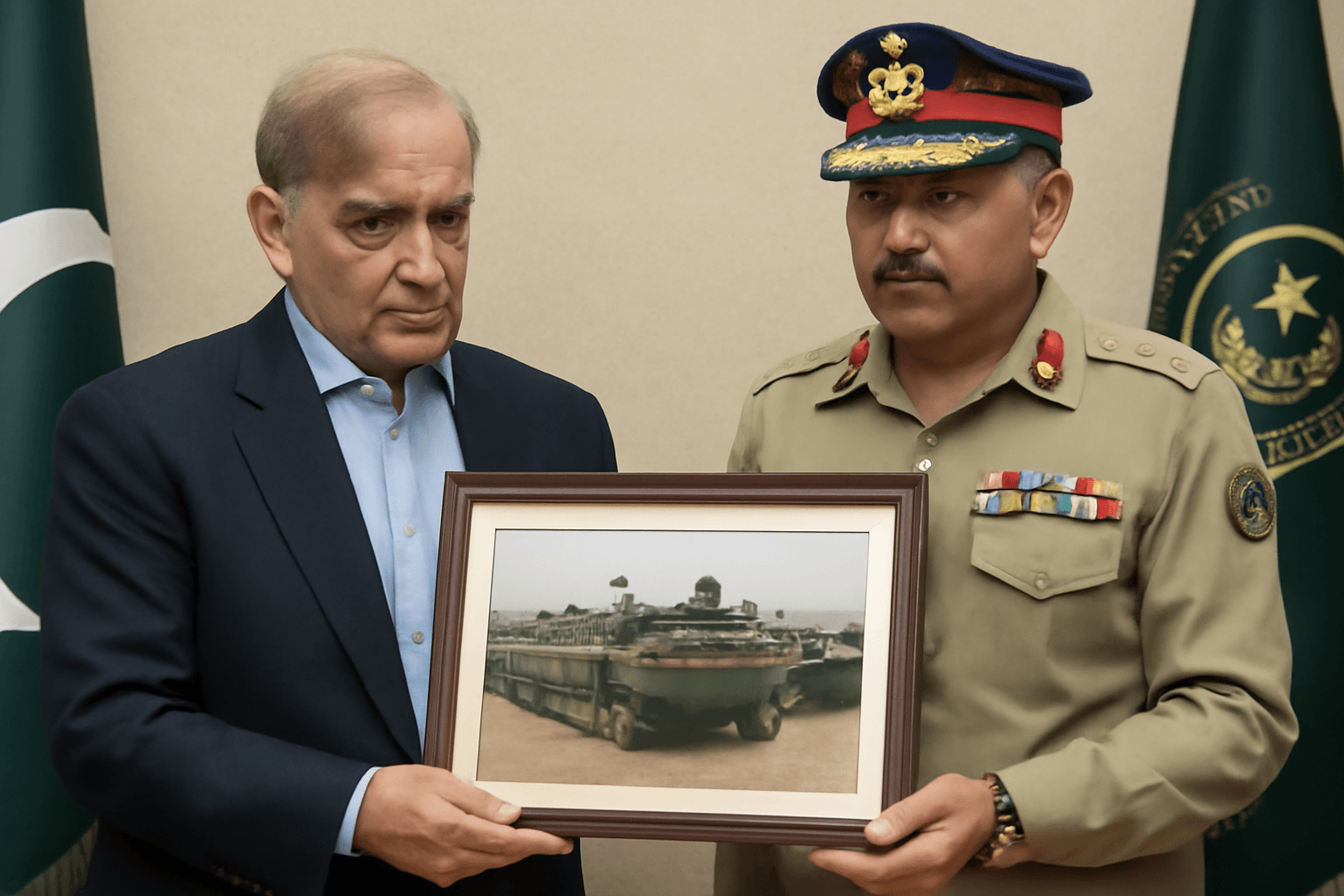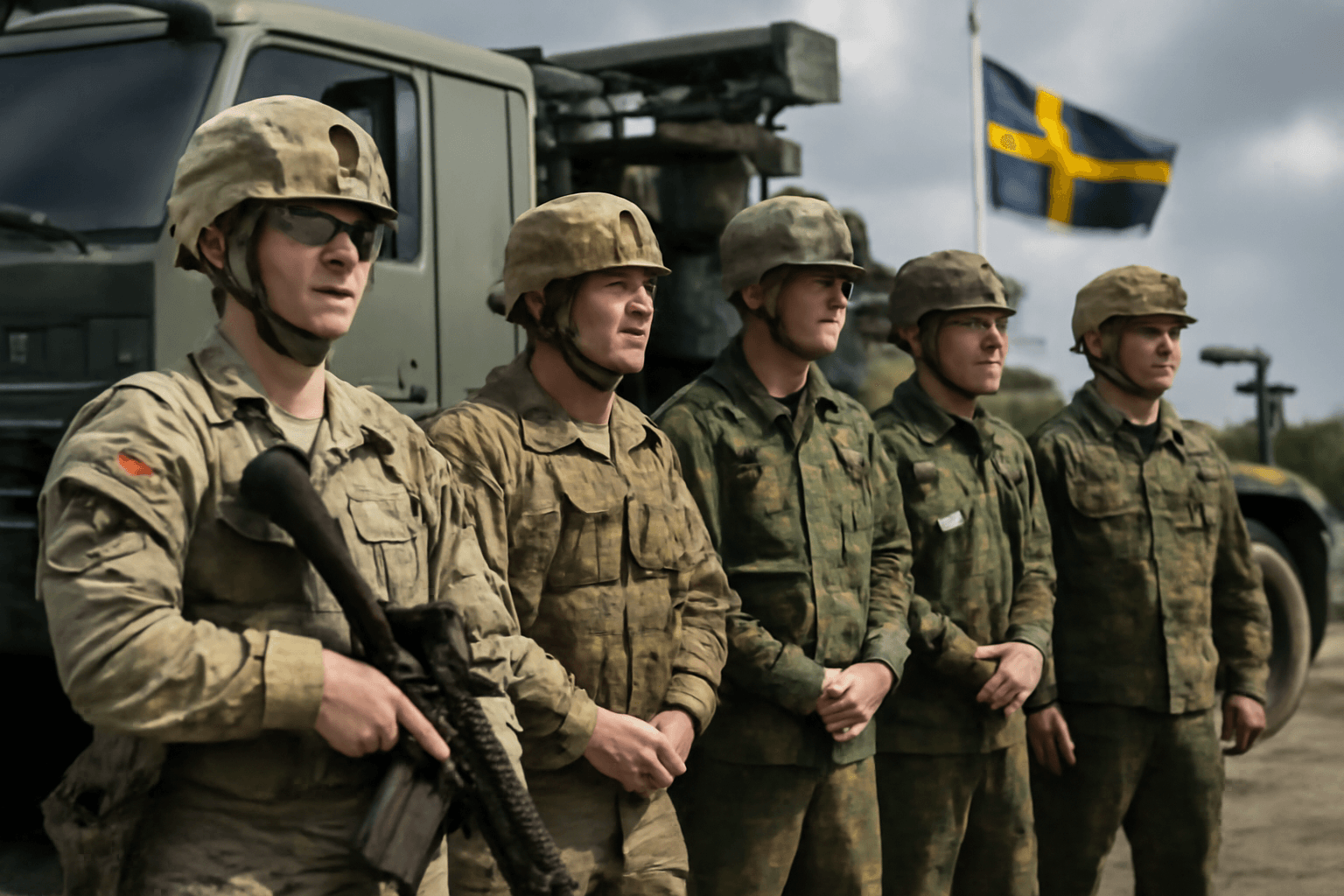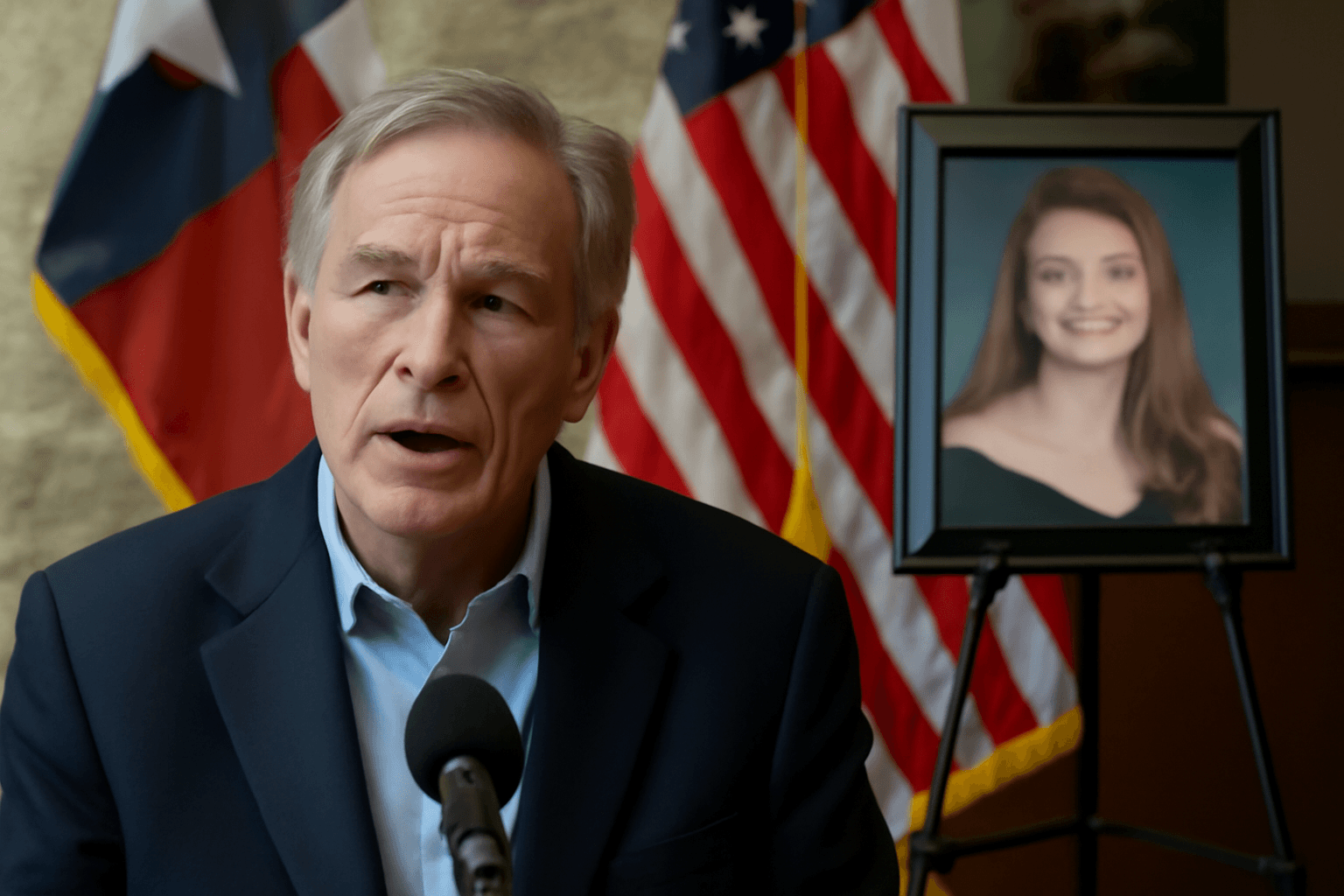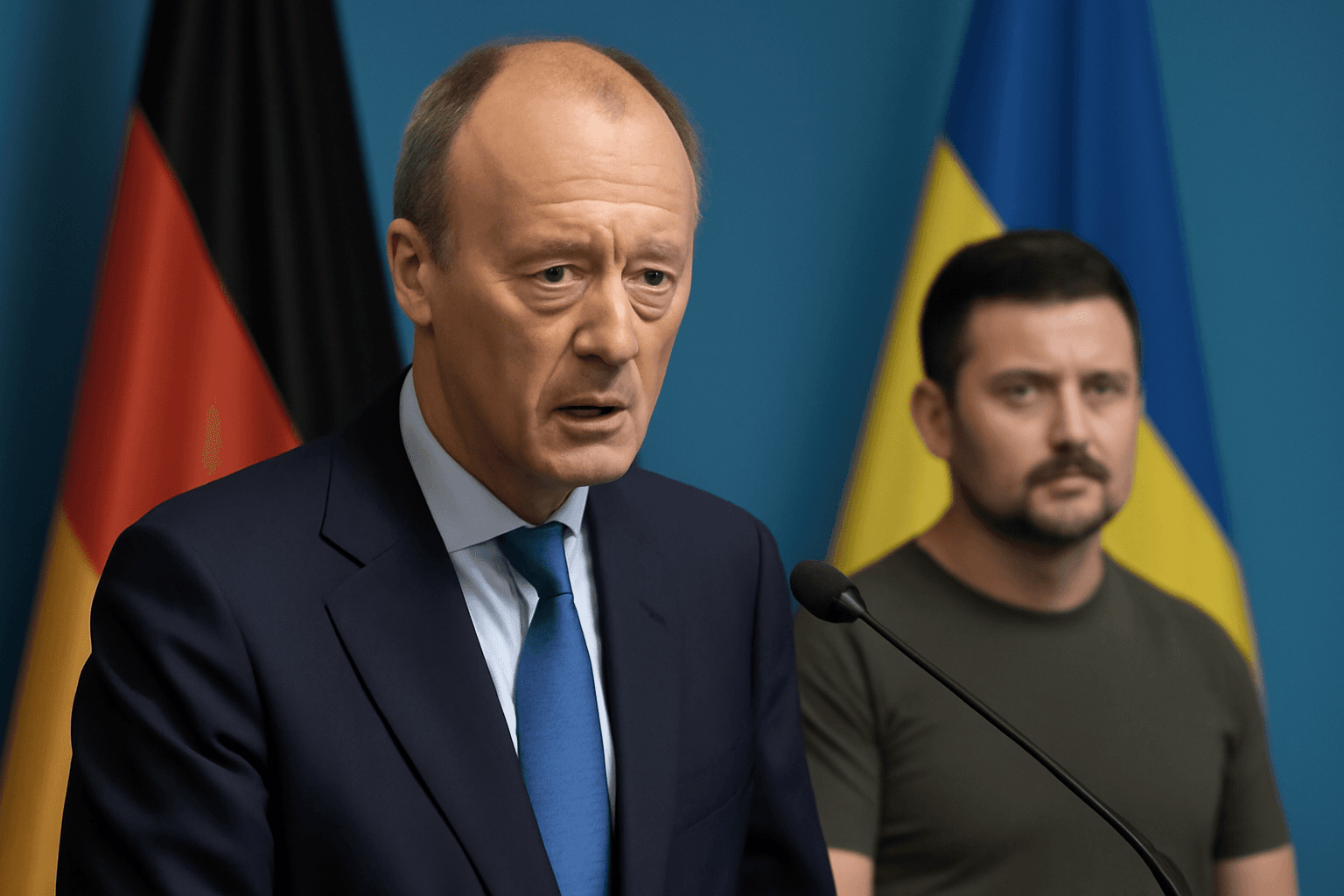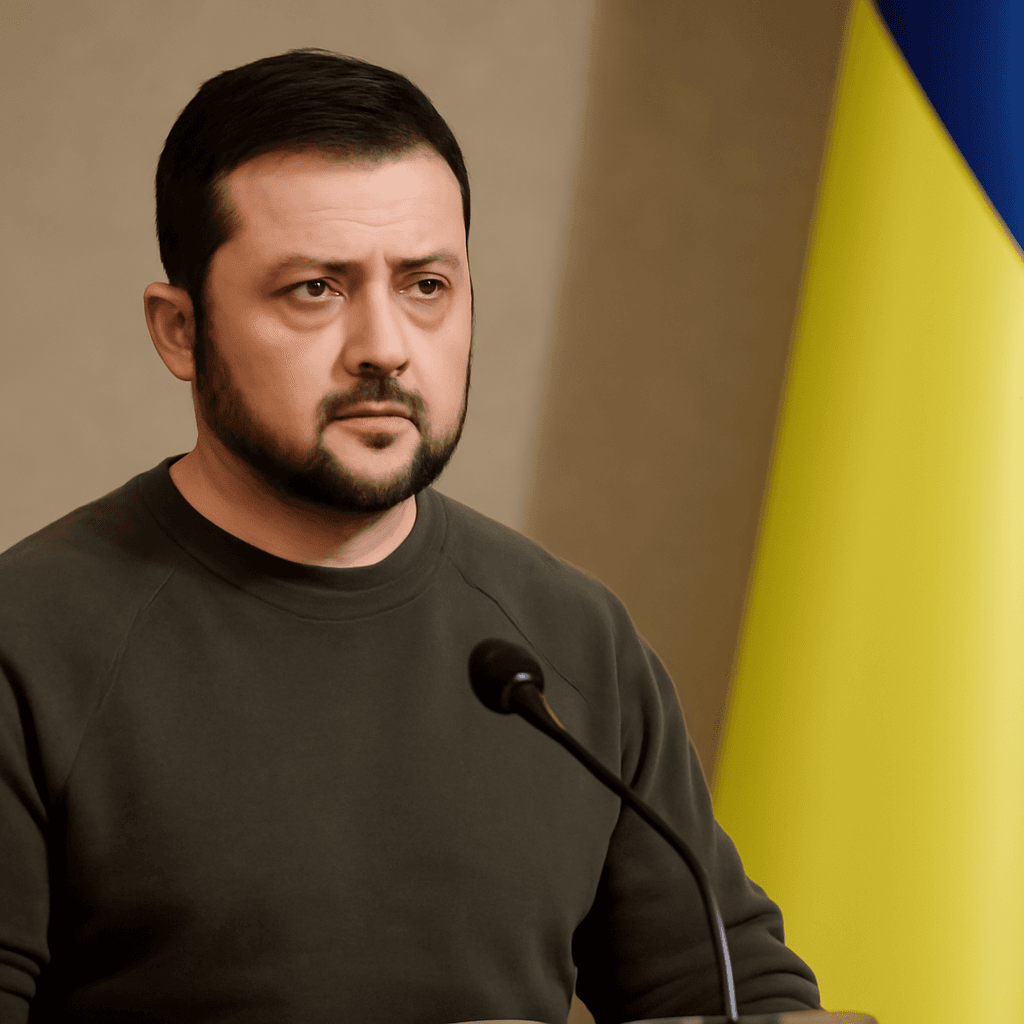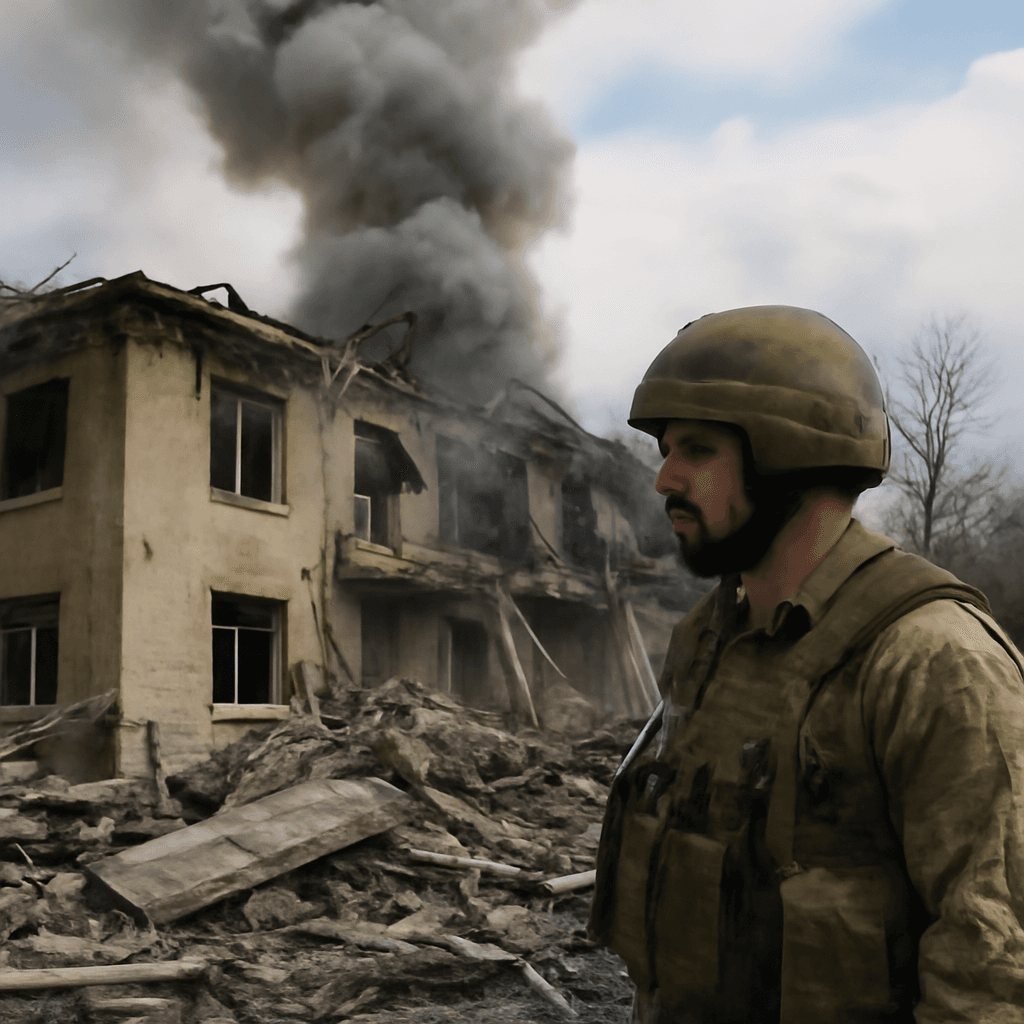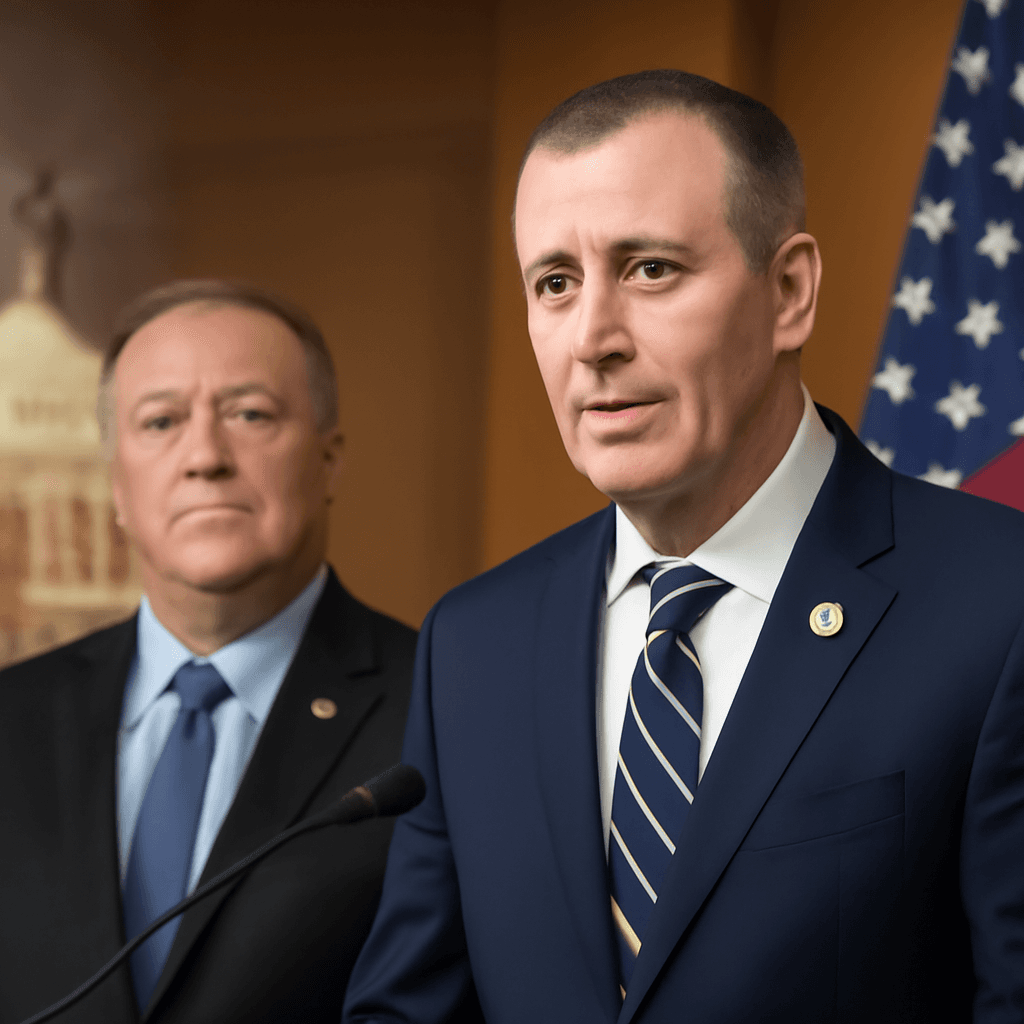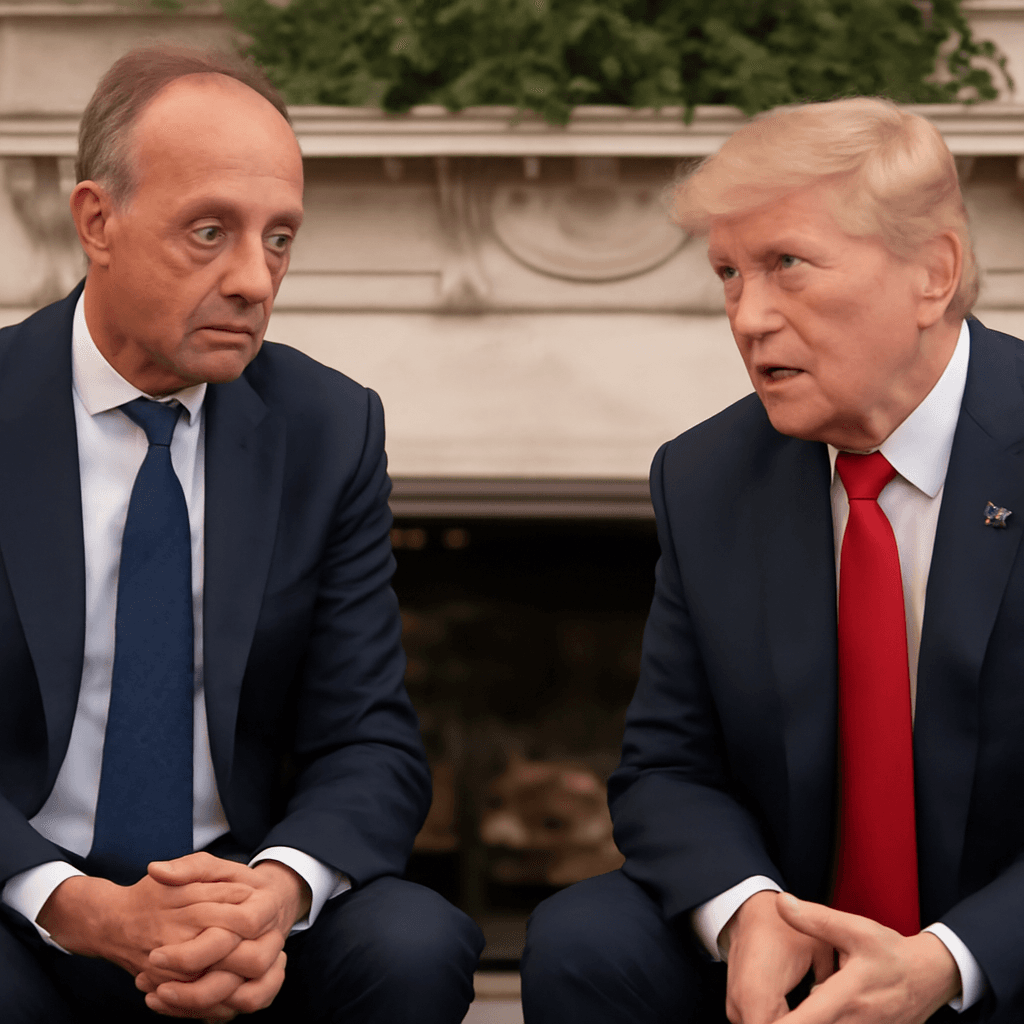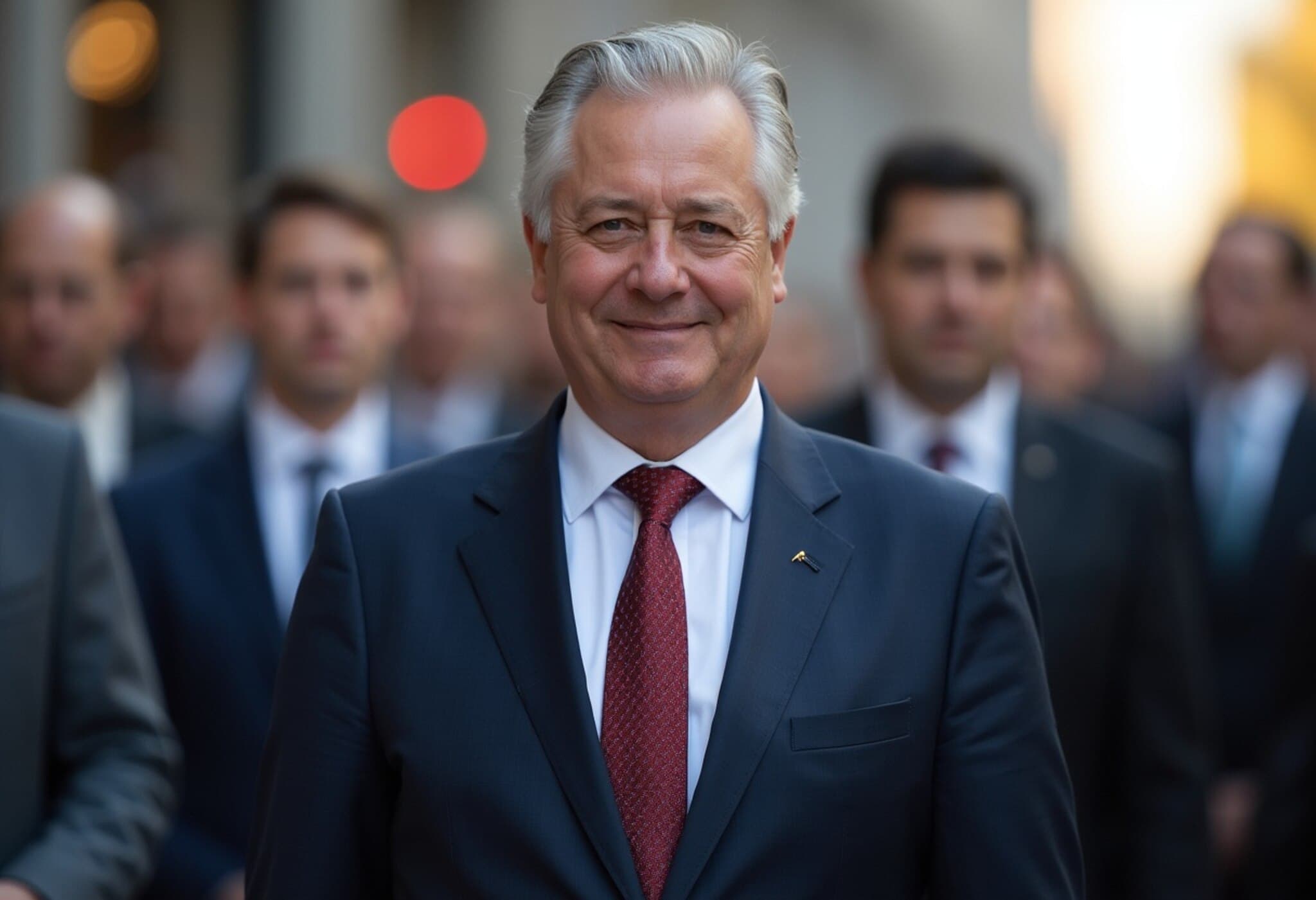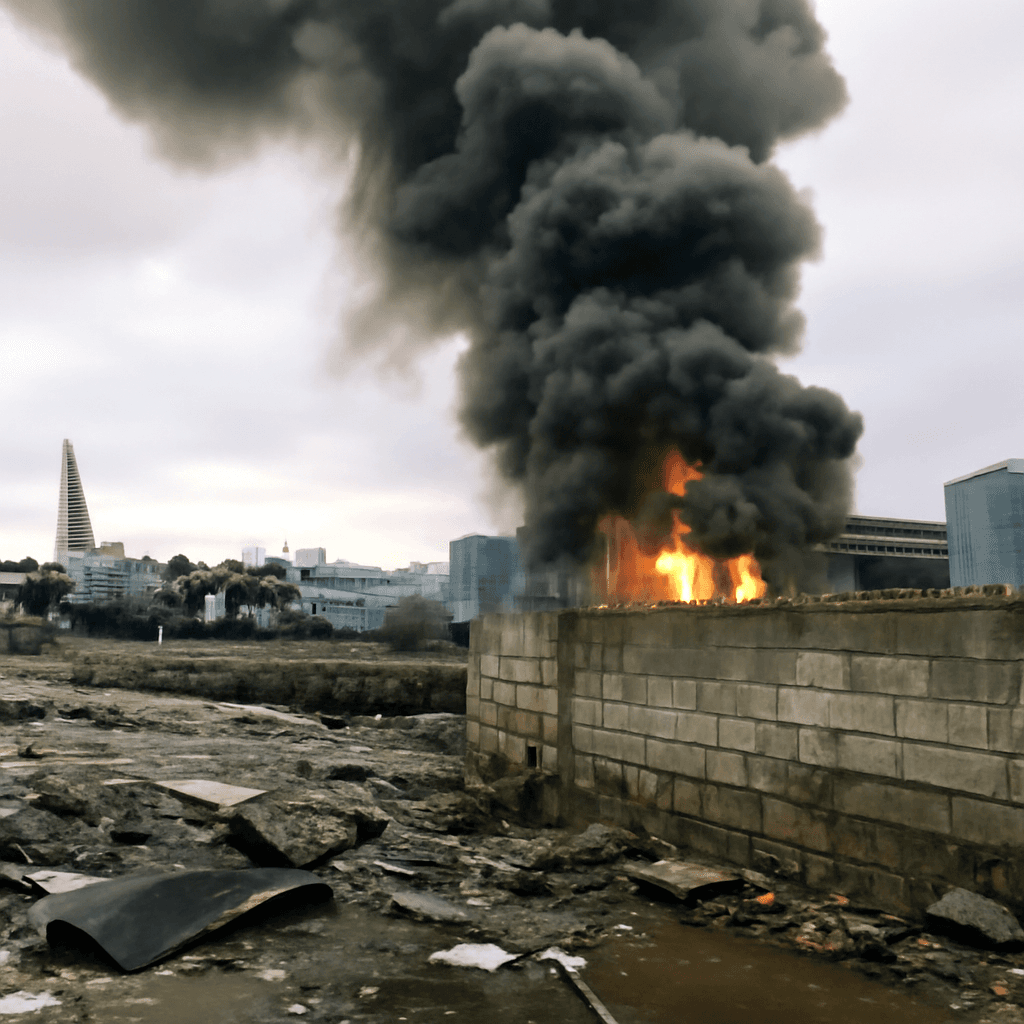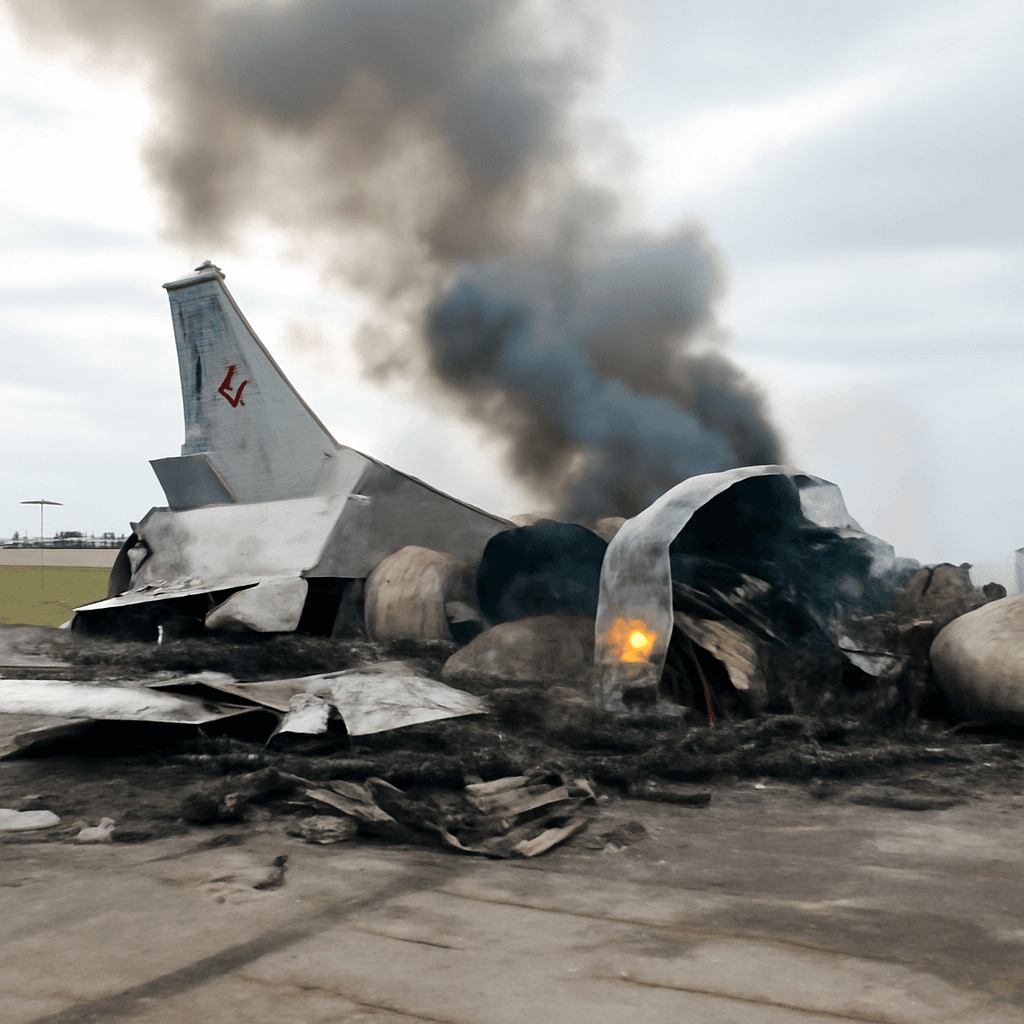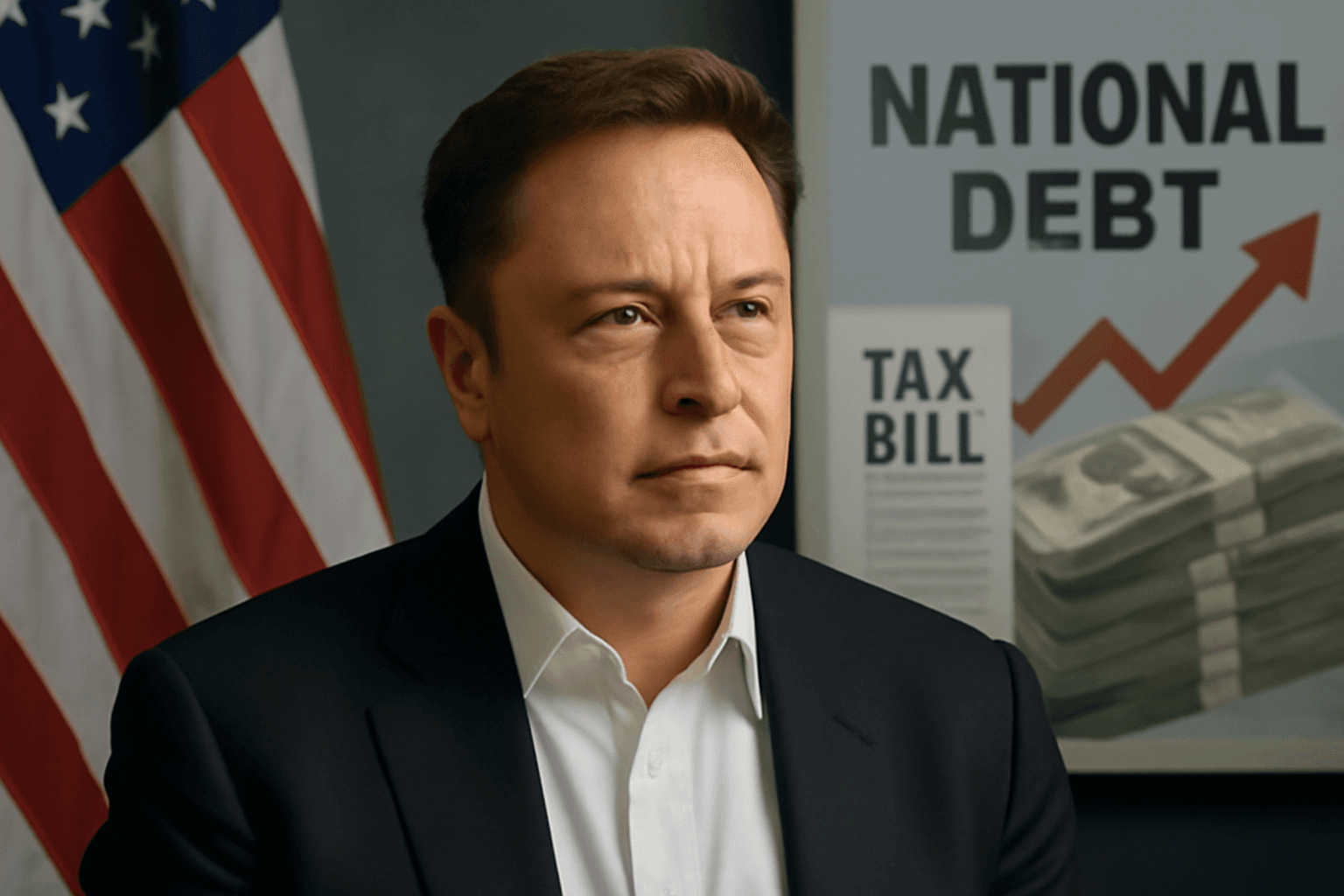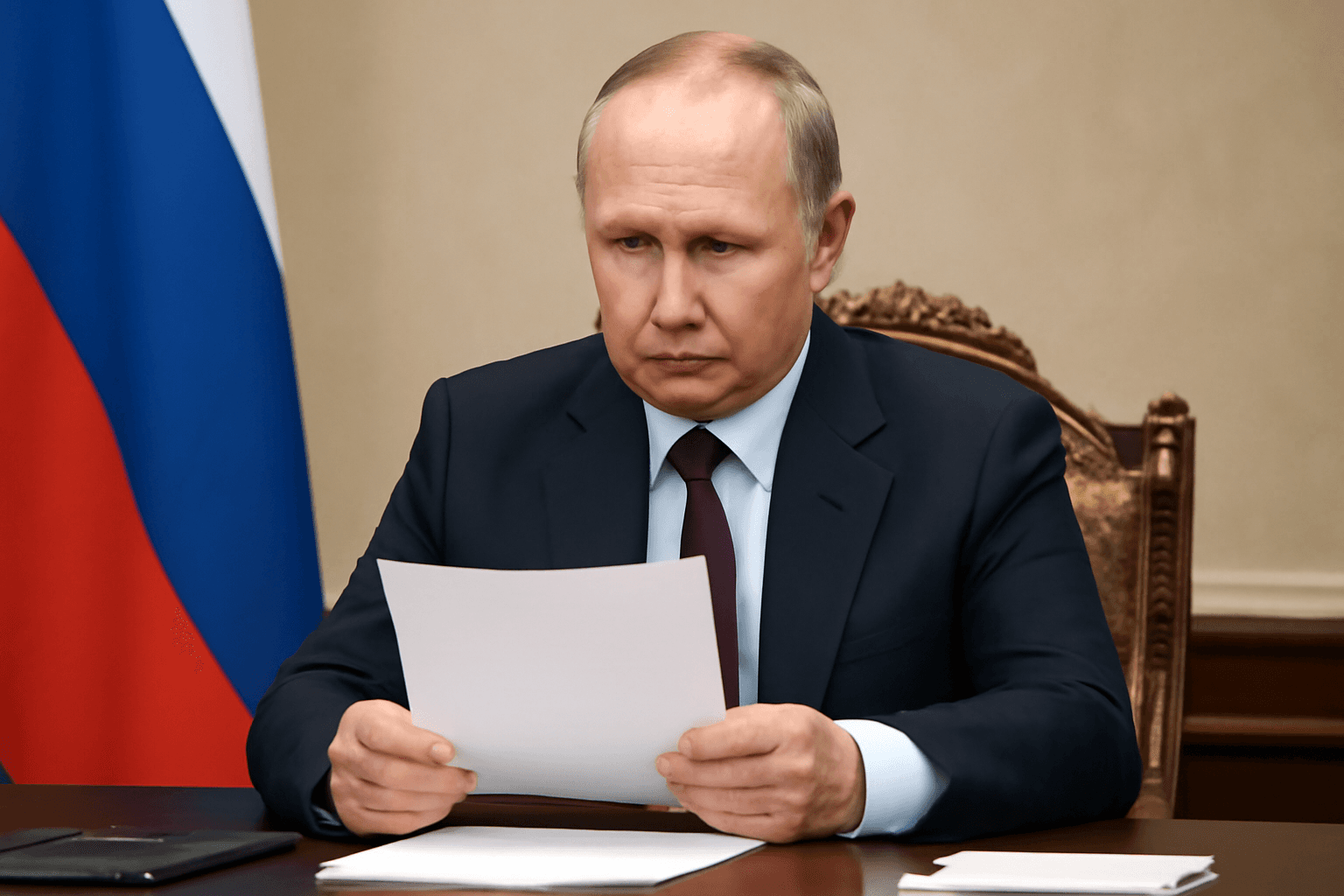Ukrainian President Volodymyr Zelenskyy met with Germany's newly appointed Chancellor Friedrich Merz in Berlin on Wednesday to discuss increasing military aid as Ukraine faces intensified bombing campaigns by Russia, despite ongoing US-led peace initiatives.
Germany remains the second-largest military aid provider to Ukraine after the United States. Since taking office three weeks ago, Chancellor Merz has actively engaged in diplomatic efforts aimed at securing a ceasefire and maintaining Western unity in supporting Ukraine.
European leaders have criticized Russian President Vladimir Putin for delays in US-backed peace negotiations. Concurrently, German Foreign Minister Johann Wadephul was scheduled to meet with US Secretary of State Marco Rubio in Washington to discuss the conflict's developments.
President Zelenskyy expressed readiness to participate in peace talks at the highest levels, including a potential trilateral meeting with Putin and US President Donald Trump. He indicated openness to different formats, whether a single combined meeting or separate discussions.
Kremlin spokesperson Dmitry Peskov acknowledged Russia's appreciation for Trump's mediation but emphasized unresolved critical issues tied to national interests that neither side is willing to compromise. He noted that Russia will soon present its memorandum outlining a framework for peace negotiations.
One focal point of Zelenskyy's discussions with Chancellor Merz is the provision and deployment of long-range weaponry. Germany and allied nations have reportedly lifted previous range restrictions on weapons supplied to Ukraine. However, Merz’s government has yet to confirm whether it will supply Taurus cruise missiles, weapons capable of striking targets over 500 kilometers away inside Russian territory, a move opposed by former Chancellor Olaf Scholz.
The German government now favors "strategic ambiguity," refraining from detailing specifics about weapon supplies. Ukraine aims to acquire these missiles to supplement Britain's Storm Shadow and France's Scalp missiles, enhancing its ability to conduct deep strikes against Russian positions, including targets in the Black Sea region.
Zelenskyy further emphasized Ukraine's urgent need for $30 billion in additional funding to bolster domestic production of drones and missiles, citing Russia's reported daily drone output of 300-350 units as a pressing challenge.
Ground fighting persists along the extensive front line, with Ukraine's forces outnumbered but sustaining resistance. Zelenskyy estimated monthly mobilizations of up to 45,000 Russian troops compared to Ukraine’s 25,000-27,000.
Meanwhile, Russia launched its largest drone attack of the war on Sunday. The Russian Defense Ministry claimed to have intercepted 296 Ukrainian drones across 13 regions, reflecting significant ongoing hostilities. Ukraine is simultaneously increasing its drone and missile manufacturing capacity and seeks European investment to advance production of attack drones, air defense interceptors, cruise missiles, and ballistic systems.
In response to the attacks, Russian air defenses reportedly downed dozens of drones aimed at Moscow. Local officials reported minor damage to residential structures but no casualties. Flight disruptions at Moscow airports ensued due to security measures.
Ukrainian forces also faced missile and drone assaults overnight, including five Iskander ballistic missiles and numerous drones, with air defense systems shooting down or jamming a significant portion. Ukrainian railway infrastructure in Kharkiv, Donetsk, and Sumy regions sustained damage, causing temporary suspension of services but no reported injuries.

